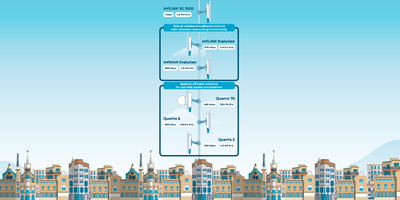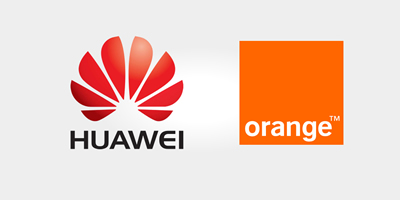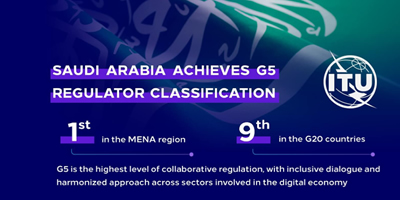By Charles Yang, President, Huawei Middle East

Reports and Coverage
Salam is now fully compliant with NESAS standards
Salam, the new brand of Integrated Telecom, announced that it is now fully compliant with the Network Equipment Security Assurance Scheme (NESAS).
Infinet Wireless to introduce its state-of-the-art solutions at MWC 2021
Infinet Wireless, the global leader in fixed wireless broadband connectivity, will showcase its key solutions for the modern dynamic world, ever-evolving and altering after the COVID-19 pandemic, at Mobile World Congress 2021 (MWC), the world’s flagship mobile industry and technology event. Aimed at eliminating the digital divide and meeting the requirements of businesses going through digital transformation, Infinet Wireless will be showcasing its solutions at Stand 1D36 in the Fira de Barcelona venue from June 28, 2021 to July 1, 2021. Additionally, the company will present its new corporate video, displaying its updated approach in accordance with the unprecedented current era and demonstrating the full range of its cutting-edge products.
UAE, Saudi Arabia reveal demand for sustainable, smart, fast networks
Research conducted by Ciena explores how sustainability, connected industries, and always-on connectivity drive the digital landscape in the United Arab Emirates (UAE) and the Kingdom of Saudi Arabia.
Huawei, Orange Jordan sign MoU to boost ICT skill development
Huawei Technologies Cooperatief/Jordan and Orange Jordan signed a memorandum of understanding (MoU) to upscale the ICT skills of youth and further empower the digital economy.
KSA awarded G5 regulator status by ITU
Saudi Arabia has been recognized as the fifth-generation (G5) regulator by the International Telecommunications Union (ITU), the United Nations body responsible for activities related to information and communication technologies (ICT).
Deep dive on spectrum bands
Carrying information wirelessly is a task being done tirelessly in this modern era. With services ranging from television, mobile, broadcasting, satellite, and other communication systems, the demand for adequate radio spectrum allocation is needed.
Demands and benefits of regulating 6 GHz band
Regulating the spectrum is vital to the mobility and connectivity surging within today’s data-heavy and tech-savvy generation. Allocation of spectrum through licenses guarantees flexibility to regulators to secure the best usage of the spectrum in society, and enables operators to offer innovative services with predictable quality service.
Wonders of 5G indoor ubiquitous gigabit network
5G connectivity promises a greater user experience with its high bandwidth combined with massive MIMO technology to provide users with Gbps data rates. However, in large open areas such as sports stadiums, convention centers and railway stations with a high user density, such Gbps experience can suffer owing to interference in radio signals. A ubiquitous and consistent service for such areas can have many takers and open up investments opportunities for improved network infrastructure and coverage given the digitalising of critical sectors.
Securing tomorrow’s IT infrastructure
The modern IT network infrastructure model is witnessing rapid changes. With the deployment of 5G network architecture gaining momentum, business organizations cannot afford to overlook the importance of customer experience, increased adoption of advanced technologies such as artificial intelligence (AI) and robotic process automation (RPA) and migration to cloud from their IT service management (ITSM) strategy.

















